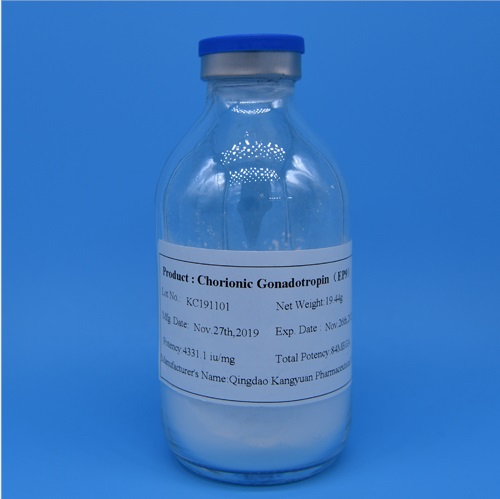Hormones play a vital role in regulating our body functions and maintaining
overall health. In this article, we delve into the fascinating world of Human
Menopausal Gonadotropin (HMG), a hormone that serves a crucial purpose in
reproductive health. By exploring the functions and benefits of HMG, we gain a
deeper understanding of its potential and the impact it can have on our
well-being.

Understanding Human Menopausal Gonadotropin: Human Menopausal Gonadotropin
(HMG) is a hormone derived from the urine of postmenopausal women. It contains
follicle-stimulating hormone (FSH) and luteinizing hormone (LH), both of which
play pivotal roles in reproductive functions such as ovulation and egg
production.
Fertility Enhancement: HMG is widely used in reproductive medicine to
enhance fertility. By stimulating the development of ovarian follicles, HMG aids
in the production of mature eggs, increasing the chances of successful
fertilization and pregnancy. It offers hope to individuals or couples facing
fertility challenges by providing a valuable therapeutic option.
Assisted Reproductive Technologies (ART): HMG plays a crucial role in
various Assisted Reproductive Technologies, such as in-vitro fertilization (IVF)
and intrauterine insemination (IUI). By meticulously controlling the levels of
FSH and LH through HMG supplementation, reproductive specialists can optimize
ovarian response and improve the success rates of these procedures.
Multiple Benefits: HMG not only boosts fertility but also offers other
benefits. It can be an effective option for women with irregular menstrual
cycles or hormonal imbalances. HMG helps regulate the menstrual cycle and
restore hormonal equilibrium, aiding in normal reproductive function.
Considerations and Side Effects: While HMG presents numerous benefits, it
is essential to recognize potential considerations and side effects. Appropriate
medical supervision is crucial during the administration of HMG to minimize
risks and maximize results. Common side effects include bloating, mild abdominal
discomfort, and temporary fluid retention.
Human Menopausal Gonadotropin (HMG) holds immense potential in the realm of
reproductive health. By leveraging its capabilities, fertility can be enhanced,
assisted reproductive technologies can be optimized, and hormonal imbalances can
be addressed. However, it is important to approach the use of HMG under the
guidance of medical professionals to ensure its safe and effective
administration. As we continue to unlock the power of hormones like HMG, the
future of reproductive medicine looks promising, offering new avenues for
individuals and couples on their journey towards parenthood.